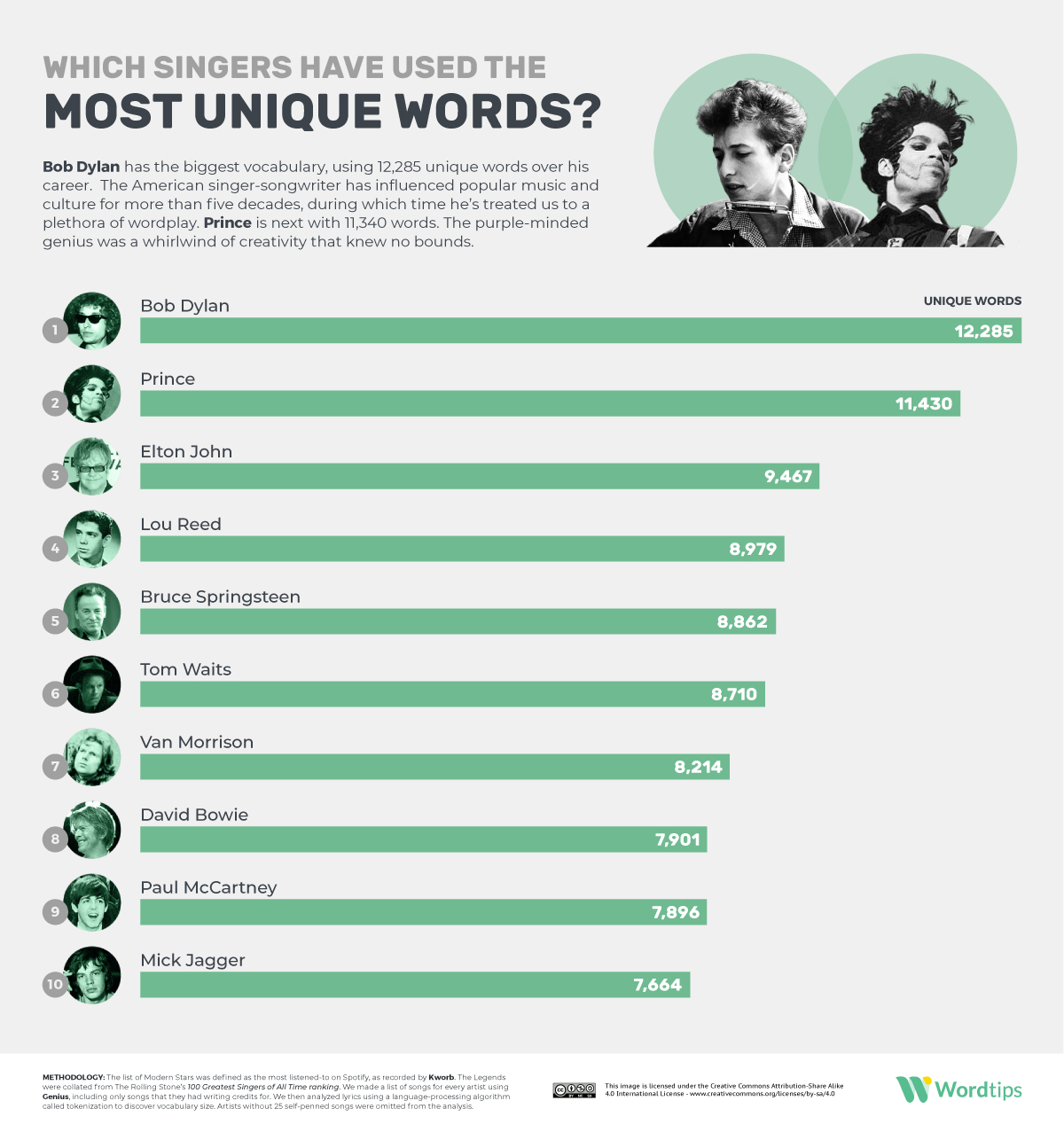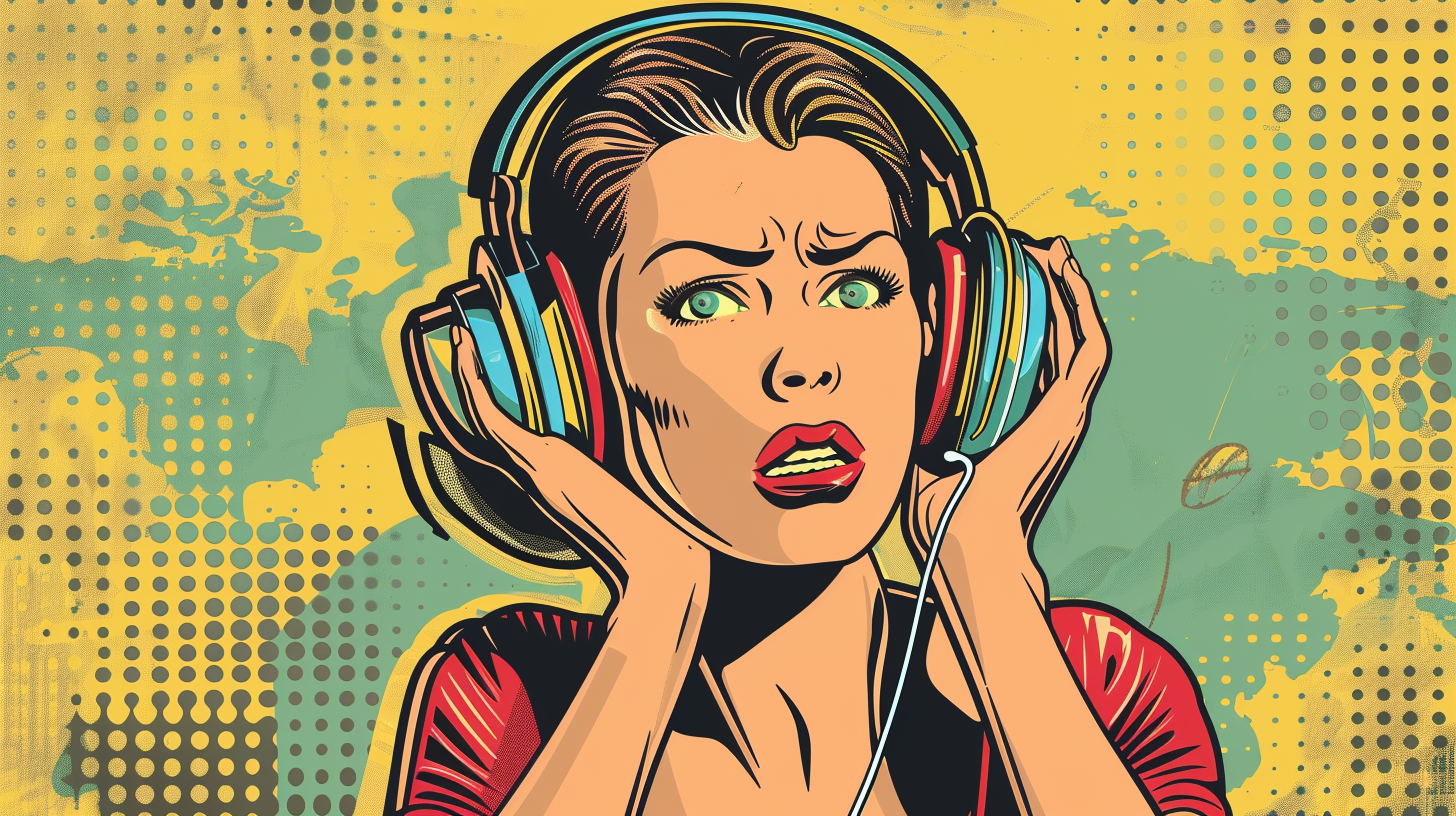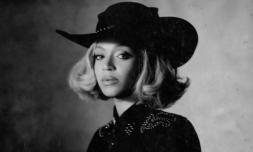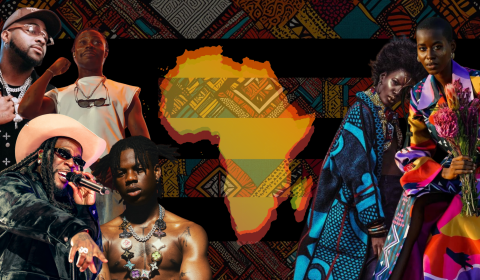Formats have become simpler
If you think new music pretty much all sounds the same – you might be onto something.
Machine learning was used to analyse the lyrics from a gigantic catalogue of the most popular pop, rock, rap, R&B, and country music released over the last 50 years.
What immediately stood out is that today’s songs incorporate a higher proportion of rhymes than they did in the past. This means listeners can more easily predict what an artist might say next while ramping up a song’s ‘catchiness,’ allowing audiences to memorise lyrics and understand its content more easily.
In tandem with increased rhyming comes the steadily increasing use of choruses. While older songs were more dynamic – incorporating pre-choruses, bridges, and other musical structures – modern songs often omit these formats in favour of a repeated chorus.
With choruses used twice as many times as they were just a decade or two before, it’s obvious that popular music has become far more repetitive and simple.
Given that most songs are made with virality in mind these days, the importance of a good chorus that can be used in clips across Instagram and TikTok may very well drive the repetitive and simple nature of certain tracks.
What about words?
To analyse the linguistic content of music, the researchers turned to machine learning to help single out key characteristics of lyrics in popular songs.
They looked at how often words were repeated, what kind of emotional cues were presented, as well as a song’s readability and breadth of the vocabulary used.
It turns out that lyrics have become more repetitive in all popular songs over the last few decades, however, not all genres are created equal. The frequency of repeated lines has doubled in pop songs and has almost tripled in rap music, the genre that has seen word repetitiveness increase most rapidly.
In terms of emotions expressed, the researchers found that contemporary popular music discusses negative emotions far more frequently than positive ones. This isn’t exactly surprising, with previous studies labelling today’s music ‘sadder and angrier’ than ever.
Today’s popular songs have been labelled as ‘more personal,’ including the words ‘me’ and ‘I’, more than ever. Some might say they’re becoming a little more self-indulgent, reflecting the nature of our modern society, but to each their own.

So is new music inherently worse?
It’s hard to say.
The scientists point to the limitations of their study, given that they only observed lyrics written and performed in English. More studies on global music will be needed to understand whether trends like repetitiveness and negative-leaning lyrics are on the rise in music of other languages.
Still, the researchers point out that lyrical content isn’t the be-all and end-all of the music we enjoy. Their study showed that popular songs have become more interesting in terms of texture and rhythm, which are becoming more complex over time.
With house music making a major comeback and DJs increasingly using new technology to blend world genres in their sets – it wouldn’t be surprising to see this trend of rhythmic complexity increasing.
One thing is for sure, though. As times go on, audiences and their tastes are constantly changing. Music is a reflection of societal trends, new slang, and the technology we use to create it and listen to it with.
That said, it’s likely we’ll all look back one day and think: what happened to the music I used to know?






















